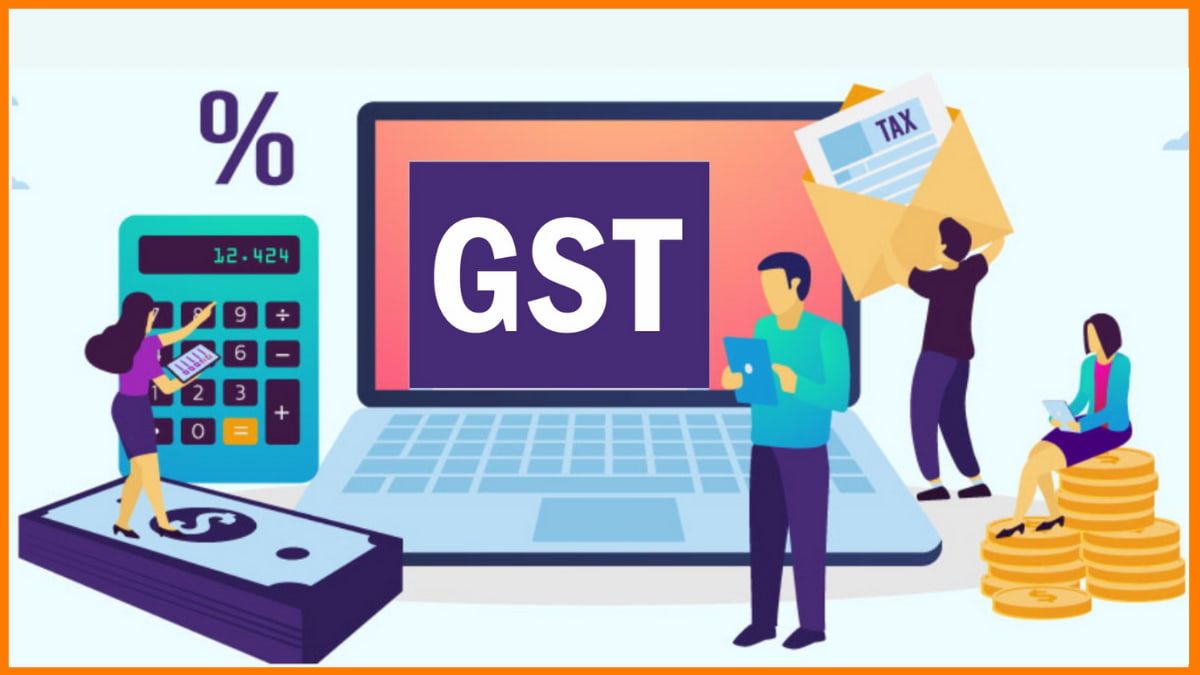Singapore GST Registration: What You Need to Know Prior To Using
Wiki Article
The Ultimate Guide to Streamlining the GST Enrollment Process and Needs for Local Business Owners

Comprehending GST Basics
To grasp the fundamentals of the Product and Services Tax (GST) system, small service owners have to first understand its underlying ramifications and principles. Under the GST program, companies are required to accumulate and register tax obligation on part of the government, making sure openness and compliance.One of the key principles of GST is input tax credit rating, which enables organizations to declare credit history for taxes paid on their purchases. Understanding these basic principles is vital for little service proprietors to browse the intricacies of the GST system and make sure conformity with the legislation.
Qualification Criteria for Enrollment
Having established a foundational understanding of GST concepts, local business owners have to currently satisfy particular qualification standards to proceed with the enrollment process. In India, entities engaged in the supply of goods or solutions with a yearly aggregate turn over going beyond Rs. 40 lakhs (Rs. 10 lakhs for unique category states) are required to register for GST. In addition, specific companies such as those associated with inter-state supply of products, casual taxable individuals, and those called for to pay tax under the reverse charge device should sign up for GST regardless of their turn over. Furthermore, businesses that were signed up under the previous tax routine (BARREL, service tax, and so on) are also mandated to register under GST. Nonetheless, farming services that only provide generate out of key production are exempt from GST enrollment. It is critical for service owners to meticulously assess their qualification based on these standards to guarantee conformity with the law and stay clear of any fines for non-compliance.Documents Required for GST Enrollment

Simplified Enrollment Refine Steps
Adhering to the collection and verification of the requisite files, the enrollment procedure for GST can be navigated through a series of streamlined actions created to promote effective compliance for local business owners. The very first step involves visiting the GST site and selecting the 'New Registration' choice. Subsequently, the applicant needs to fill up in Part A of the GST REG-01 form with information such as PAN, mobile number, and email address to get an OTP for verification. As soon as the OTP is gotten and gone into, a Short-lived Recommendation Number (TRN) is produced for additional procedures. The following action requires loading out Component B of the kind with required business information, publishing sustaining files, and completing the verification process utilizing DSC or EVC. Upon successful confirmation, an Application Reference Number (ARN) is released, suggesting the completion of the GST registration process. By adhering to these simplified steps, little organization proprietors can efficiently sign up for GST and guarantee compliance with tax obligation regulations.Tips for Ensuring Compliance
To maintain regulative explanation adherence and functional integrity, attentive oversight and positive procedures are essential in making sure compliance with GST needs for small company owners. Little service owners must remain upgraded with GST policies, filing due dates, and any type of changes in tax obligation rates to avoid fines and maintain an excellent standing with tax obligation authorities. One essential pointer for conformity is to keep detailed and exact records of all deals, including invoices, these details billings, and expenses associated with GST. Regularly reconciling monetary documents with GST returns can assist in identifying and fixing any kind of discrepancies immediately. Additionally, performing routine interior audits or seeking specialist assistance can make certain that the business is adhering to all GST policies properly. It is likewise critical for local business owners to purchase GST-compliant accounting software that can simplify the tax obligation declaring process and decrease errors. Last but not least, attending GST understanding workshops or training programs can boost understanding and compliance with GST regulations, eventually benefiting the organization in the long run.
Final Thought
To conclude, little organization proprietors need to understand the basics of GST, fulfill the eligibility requirements, collect needed documents, and follow the streamlined enrollment procedure actions to ensure compliance. By streamlining the GST enrollment process and needs, small organization proprietors can avoid charges and run their services efficiently within the legal structure - Singapore GST Registration. It is important for tiny company owners to stay certified and enlightened with GST laws to maintain a successful service operationSmall organization owners seeking GST registration have to ensure they collect and send the essential documents to finish the enrollment procedure effectively. The papers needed for GST registration generally include evidence of company registration or unification, FRYING PAN (Irreversible Account Number) card of the organization entity, identification and address evidence of the promoters/partners/directors, pictures, address proof of find out this here the location of business, bank account statements or terminated cheques, and authorization forms. Going to GST recognition workshops or training programs can enhance understanding and conformity with GST guidelines, ultimately profiting the organization in the lengthy run.
By simplifying the GST enrollment process and requirements, little business owners can stay clear of charges and run their organizations efficiently within the lawful structure. It is crucial for tiny organization proprietors to remain enlightened and compliant with GST laws to keep an effective business operation.
Report this wiki page